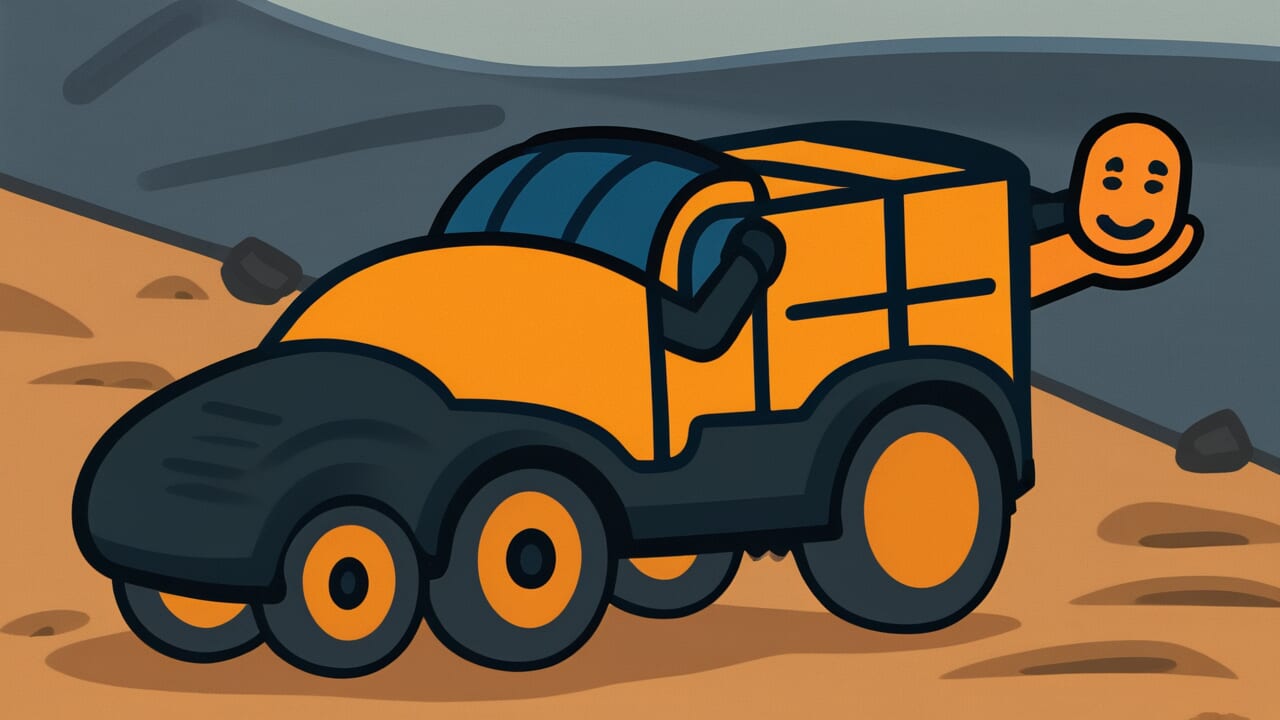How to Read “Adding a small load to a heavy burden”
Omoni ni kozuke
Meaning of “Adding a small load to a heavy burden”
“Adding a small load to a heavy burden” is a proverb that describes when new troubles pile on top of existing hardships. When someone already carrying a heavy load gets even a small addition, that burden is never light. This expression connects the physical reality of carrying loads to life’s struggles.
This proverb is used when misfortunes pile up or difficult situations get worse. Someone suffering from illness faces financial problems. Someone dealing with major work troubles encounters family issues. Even one hardship is tough, but this captures situations where problems keep coming.
Even today, everyone experiences times when troubles pile up. This proverb helps us understand such situations with empathy and show compassion. People also use it to describe their own circumstances objectively. It expresses the feelings of facing one difficulty after another.
Origin and Etymology
The exact first appearance of this proverb in literature is unclear. However, based on its structure, it likely emerged from the lived experiences of ordinary Japanese people.
“Omoni” means a heavy load that’s difficult to carry. “Kozuke” combines “ko” (small) with “tsuke” (to add). The phrase literally depicts adding a small load to someone already carrying a heavy burden.
Before the Edo period, Japan relied heavily on human power for transporting goods. People carrying heavy loads with backpack frames or shoulder poles were a common sight. Many people personally experienced having extra items added to their already maxed-out loads “because it’s just small.”
Even a small item becomes a major burden when you’re already carrying a heavy load. This physical reality became established as a metaphor for life’s accumulating hardships. The concrete experience of carrying loads beautifully expressed the abstract concept of life’s struggles. This proverb embodies the wisdom of common people.
Usage Examples
- I started job hunting and then had to begin caring for my parents too—truly adding a small load to a heavy burden
- Struggling with debt repayment and now the car breaks down—this is exactly adding a small load to a heavy burden
Universal Wisdom
The proverb “Adding a small load to a heavy burden” deeply understands the nature of life’s hardships. It captures a universal human experience: difficulties don’t distribute themselves evenly but somehow concentrate and arrive all at once.
Why do troubles pile up? One reason is that the first difficulty drains our mental and physical reserves. This weakens our ability to handle the next problem. Financial problems lead to neglected health care, making illness more likely. Worries reduce concentration, making work mistakes more common. One burden creates a chain reaction that invites the next.
However, this proverb has been passed down not simply to lament misfortune. Rather, it shows a shared understanding that such situations are unavoidable realities of life. Everyone can experience them. Your struggles aren’t special—they’re a natural part of being human.
This recognition has saved people facing difficulties from loneliness. When we see someone in a state of adding a small load to a heavy burden, we understand “this could happen to anyone.” We can then offer sympathy and support.
When AI Hears This
Imagine an experiment where you drop sand grains one by one onto a sandpile’s peak. At first, the grains just accumulate. Eventually, the sandpile reaches a “critical state.” In this state, a single grain might cause a small slide or trigger an avalanche that collapses the entire pile. Which happens is unpredictable. This is the “self-organized criticality” phenomenon discovered by physicist Per Bak and colleagues. It scientifically explains the essence of adding a small load to a heavy burden.
What’s interesting is the relationship between collapse size and frequency. Research shows small collapses happen often, but large ones occur rarely. This relationship follows a mathematical pattern called a “power law.” When collapse size increases tenfold, occurrence probability drops to about one-hundredth. Earthquake magnitudes and frequencies show exactly the same pattern.
Human psychological limits work similarly. Stress research shows people already under high load can break down from trivial events. Neither they nor those around them can know beforehand “which grain will be the last one.” Thinking someone who cries over spilled morning coffee is “overreacting” is wrong. Their system has already reached a critical state. The coffee is merely the trigger.
This perspective teaches that avoiding the “small addition” alone isn’t enough to prevent collapse. You need to keep the entire system’s load below the critical point.
Lessons for Today
This proverb teaches modern people the importance of not blaming yourself when difficulties pile up. Accumulating troubles aren’t caused only by your lack of ability or bad luck. They’re a natural part of life’s flow.
What matters is not pushing yourself when carrying heavy burdens by thinking “this much is fine.” Even a small additional burden might feel very heavy to you right now. Asking for help isn’t weakness. It’s proof you understand your own condition correctly.
Also, remember this proverb when people around you face difficulties. Even if they call something “a small matter,” your little consideration can provide great support if they’re already carrying a heavy burden. Simply showing understanding by saying “this is a tough time for you” can lighten their heart.
Life inevitably includes periods of adding a small load to a heavy burden. But these periods don’t last forever. Move forward in your own way with the courage to unload burdens one by one and the wisdom to sometimes stop and rest.



Comments